Opening Ceremony
The beauty and pleasure of understanding – Words of Introduction.
Igal Galili, the Hebrew University of Jerusalem, Israel
It will be a special pleasure for me to introduce the topic of the conference. I will point to the special connection of this topic with the location of the conference. The “beauty and pleasure of understanding” reflects my own preferred way of engaging with science education, where newcomers to scientific culture strive to reach the essential meaning of science as a human endeavor. I will very briefly refine this “slogan” by mentioning three different types of the subject matter that induce interest in science and the desire for understanding through considering scientific knowledge as a special culture. This perspective suggests curricular implications for cultivating the perception of beauty and pleasure that one experiences in science class when one understands.
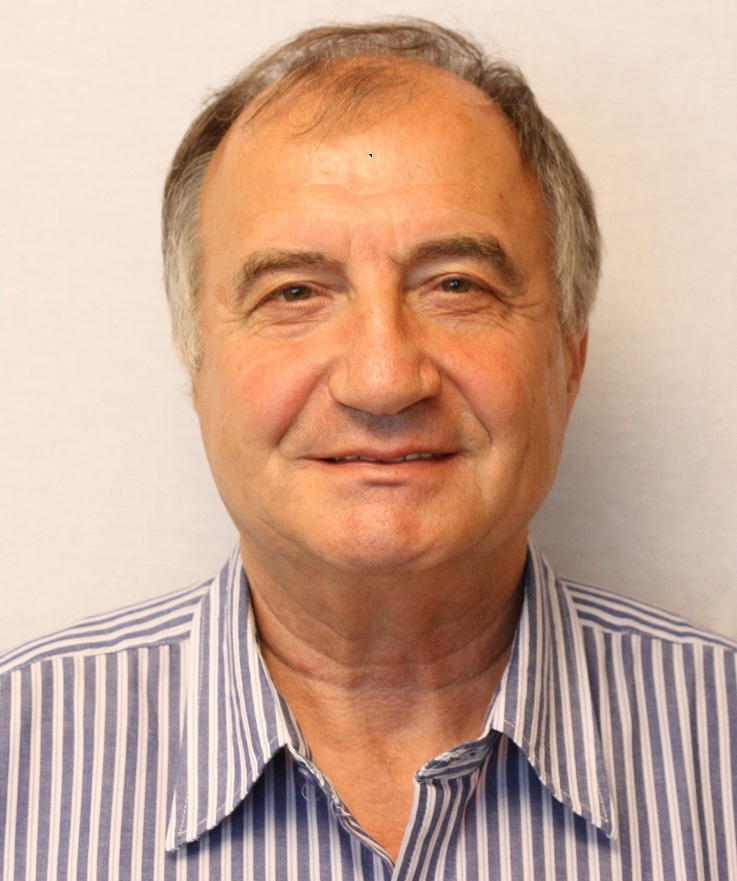 |
Igal Galili is currently Professor Emeritus of Science Education at the Amos de-Shalit Science Teaching Center in the Faculty of Mathematics and Natural Sciences of the Hebrew University of Jerusalem, Israel. He studied physics twice, in Russia and Israel, and graduated in theoretical physics at the Hebrew University of Jerusalem. He learned physics education research in post docs in San Diego and Berkeley. His research interests include the structure of students’ knowledge of physics and the structure of physics knowledge, conceptual knowledge of physics, nature of scientific knowledge and its representation in education and art. His research products include the paradigm of Discipline-Culture and the corresponding to it Cultural Content Knowledge. Those specify the role of the history and philosophy of science for the meaningful learning of science. His research papers, textbooks, learning materials resulted these activities. |
Plenary Monday 26th
On Time and Water
Andri Snær Magnason, writer, Iceland
During the next 100 years we expect to see a fundamental change of all the elements of water on our planet. Many glaciers will melt and the sea levels will rise at a faster rate than has been seen before. Acidification will bring the oceans to a pH level not seen in 30 million years. Patterns of rain and snow will change dramatically in most areas. We could say that nature is not changing in geological speed anymore but entering human speed. This extreme shift is larger than any metaphor or any words or language we are used to. Just like the huge gravity of a black hole makes it invisible, you could say that this issue is so large that it swallows all words and meaning. We hear words like “climate change” but for most people they are just white noise, 99% of the real meaning is not included in our imagination. To describe a black hole you look at the surrounding galaxies and to understand these issues Andri weaves a web of stories from mythology, to his grandmother’s honeymoon on Europe’s largest glacier, to our understanding of our intimate time. We are faced with the almost impossible task of cutting carbon emissions to zero in 2050 according to newest studies. The question is – are we too late to do something? What can actually be done in 30 years? This calls for nothing less than a new scientific revolution, projects on the scale of the Manhattan project, new paradigms and a new approach to almost everything done in the 20th century. This huge narrative should be a source of motivation for all science studies in the next decades.
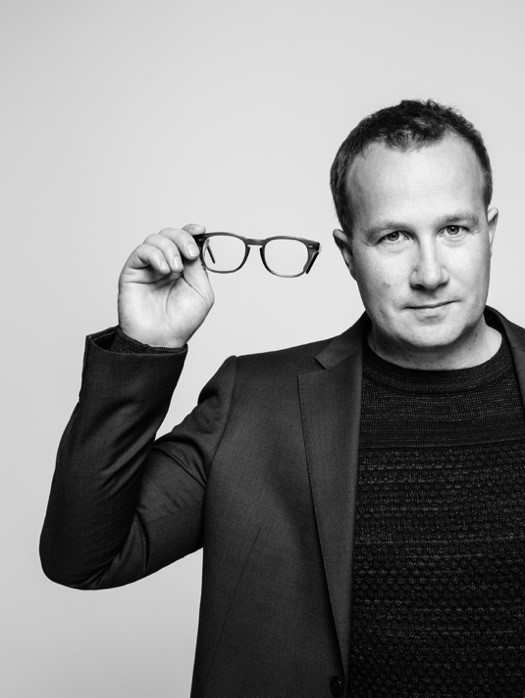 |
Andri Snær Magnason is an Icelandic writer born in Reykjavik. He is a writer of fiction, non-fiction, poetry, plays and documentary films. His book LoveStar won the Philip K. Dick special citation in 2014 and Le Grand prix de l’Imaginaire in France 2016. and his children’s book, The Story of the Blue Planet was the first children’s book to win the Icelandic literary award and has been published in 32 languages. His book Dreamland, a Self Help Manual for a Frightened Nation has contributed to a new energy policy in Iceland and the vision of the Highland National Park in the Central Highlands of Iceland. Andri Snær Magnason ran for president in Iceland in 2016 and came third in the election. |
Plenary Tuesday 27th
Where are we? Syntheses and Synergies in Science education research and practices
Bruce Sherin, Northwestern University, United States
One of the grand projects of research in science education is to understand conceptual change. By conceptual change, I mean the process by which a student’s intuitive understanding of the natural world—the understanding that they gain through interaction with the world and other people—is transformed by formal instruction in science.
The purpose of this talk will be to provide a sense for where we are, as a field, in this grand project, and to chart a path toward consensus. In the first part of this talk, I will describe what I believe are the main impediments to finding consensus. There are, of course, disagreements among researchers. But the real difficulties, I will argue, arise from misalignments between research programs that go beyond straightforward disagreements. For example, in some cases, researchers are addressing different target phenomena; in other words, when they talk about “conceptual change,” they are not even talking about the same thing.
In the second part of the talk, I will attempt to chart a way forward. I will argue that, first, there is already a sort of proto-consensus emerging, one that recognizes that some researchers are talking about elements, while others are talking about ensembles of those elements. I will also argue that the field, as a whole, suffers from a sort of ontological slippage. Our theoretical entities—such as the notion of “concept”—should gain precision from the way they are situated in our larger theories. But when we use terms such as “concept,” we often do so, tacitly, against a backdrop of shifting theoretical frameworks. Finally, I will argue that a particular type of empirical work is necessary to push us toward a consensus view of conceptual change. This empirical work should be focused on the sensitivity of people to properties of scientific explanations, such as their consistency and adequacy.
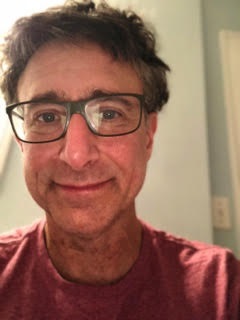 |
Bruce Sherin is recognized for his work on conceptual change in science. His early research focused on continuities between children’s understanding of the natural world and expert understanding of science. Of particular note with respect to this program is his work on the understanding of physics equations. In that work, he showed how the understanding of physics equations is grounded in a vocabulary of informal and intuitive conceptions. More recently, he has begun to apply computational techniques to the type of text analysis employed by researchers in the Learning Sciences and education more broadly. In addition, with Miriam Sherin, he has explored the use of novel technologies for the study of teacher cognition. He is currently a Professor in Northwestern University’s School of Education and Social Policy, which is located in the US, in Evanston, Illinois |
Plenary Wednesday 28th
Embodied cognition: From Neuroscience to Science Education
Corrado Sinigaglia. University of Milan, Italy
Tamer Amin (discussant), American University of Beirut, Lebanon
Research on embodied cognition has shifted our perspective on cognitive representations and processes. This research has begun to challenge the long-standing assumption that higher level cognition (such as concept representation, reasoning and planning) is best understood in terms of abstract representations and computational processes. Instead, evidence from neuroscience now suggests that even so-called “higher level” cognition implicates perceptual and motor systems. This session examines this evidence and explores the implications of this shift in perspective on the nature of cognition for understanding science learning and instruction.
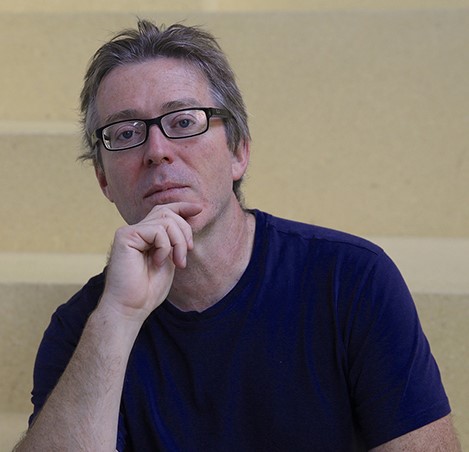 |
Corrado Sinigaglia is Full Professor of Philosophy of Science. He has been at University of Milan since 2001 when he was appointed as Assistant Professor there. Before that he studied at the Husserl-Archives of Leuven (1992-1993), at the Ecole Normale Superiéure of Paris (1994), and at the University of Genova (1995-1999), where he obtained his PhD in Philosophy of Science. His main fields of research are: Cognitive neuroscience and philosophy of mind. He is currently working on the role of motor processes and representations in joint action. |
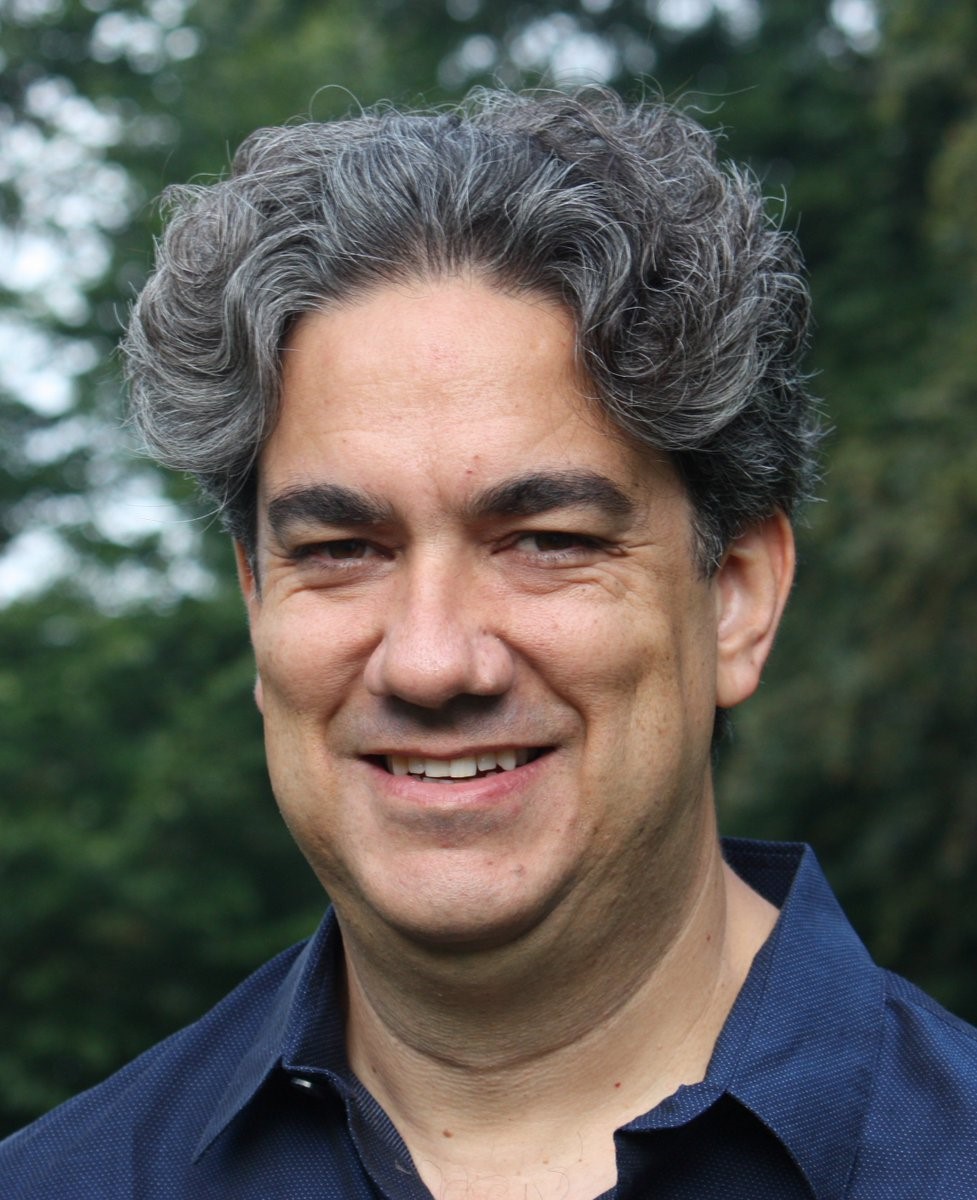 |
Tamer Amin is an Associate Professor of Science Education and Chair of the Department of Education at the American University of Beirut, Lebanon. He obtained his Ph.D. in Developmental Psychology from Clark University, USA. His primary research interest is the development of scientific understanding and reasoning, drawing on the theoretical perspectives of conceptual change and embodied cognition. His work on embodied cognition explores the relevance of the cognitive linguistic theory of conceptual metaphor for understanding science learning and instruction. He has co-edited (with F. Jeppsson and J. Haglund, 2015) a special issue in the International Journal of Science Education on “Embodied Cognition and Conceptual Metaphor in Science Learning” and (with O. Levrini, 2018) Converging Perspectives on Conceptual Change: Mapping an Emerging Paradigm in the Learning Sciences, Routledge. |
Plenary Thursday 29th
Socioscientific-issues: Searching for new perspectives
Maria Evagorou, University of Nicosia, Cyprus
Jan Alexis Nielsen, University of Copenhagen, Denmark
A paramount commitment of science education is to enable students to tackle societal, real-life issues by making decisions that are informed by science. This commitment has been the basis of the notion of socio-scientific issues (SSI), which has developed into an important strand of science education research. Despite a range of documented benefits of SSI – such as improving students’ learning of content, developing interest, and improving students’ argumentation competencies – it is a widespread finding that it is profoundly difficult to change teaching practice into one that regularly harbours high quality SSI-teaching. We discuss the notion of SSI – both from the perspective of its historical development and from the perspective of its present manifestation in curricula and policy documents – and we will focus on the new perspectives of socioscientific issues and point to how some of the most persistent challenges for the uptake of SSI-teaching can be alleviated.
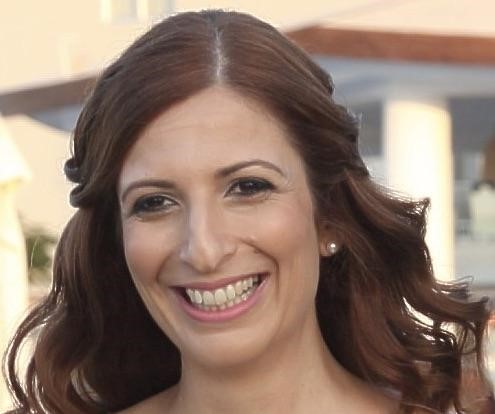 |
Maria Evagorou is an Associate Professor in Science Education at the Department of Education, University of Nicosia, and also the Associate Head of the Department of Education. Her research focuses on exploring and enhancing students’ and pre-service teachers’ argumentation especially in socio-scientific issues. She was the scientific coordinator for the PreSEES project (Preparing Science Educators for Everyday Science). She was the local PI for the Engage Project (FP7) focusing on including responsible research and innovation in school activities, and is currently the PI for the DIALLS project (Horizon2020) aiming to promote dialogue and argumentation. Before returning to Cyprus, Maria has worked as a researcher at the Center for Informal Learning and Schools (CILS) at King’s College London, and as a Lecturer at King’s College London. |
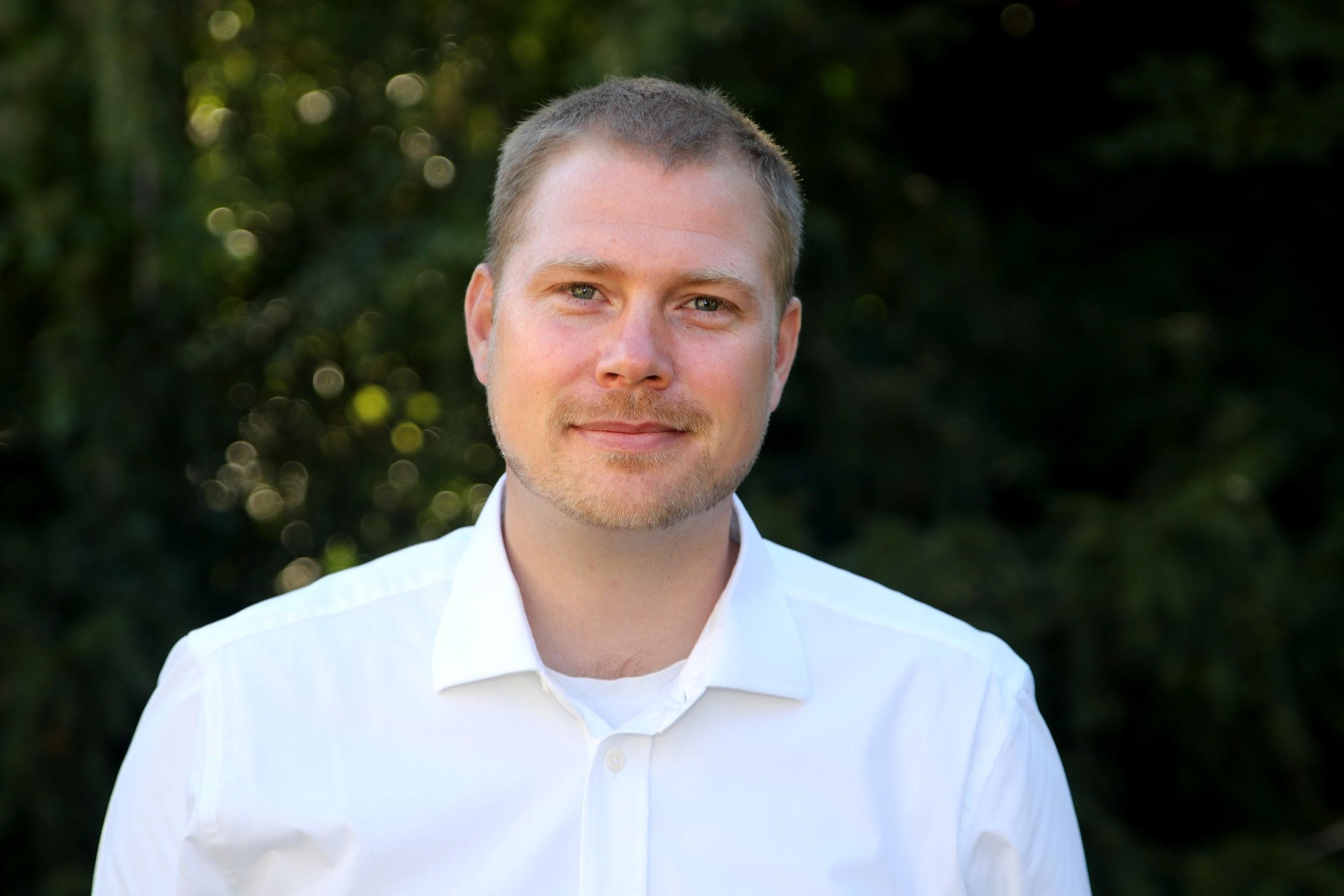 |
Jan Alexis Nielsen is Associate Professor and Head of Section at the Department of Science Education at the University of Copenhagen, Denmark. His research focuses on the understanding and assessment of generic competences. He has investigated students’ socioscientific argumentation and teachers’ beliefs about teaching socioscientific issues. He has also worked closely with teachers to build assessment frameworks for inquiry and innovation competence. Over the past 12 years, he has participated in a range of international and national projects related to inquiry and/or socioscientific issues. He is the strand co-coordinator of the Scientific Literacy and Socio-scientific Issues Strand for ESERA. |
Panel Friday 30th
Panel: Science Education in Multicultural and Multilingual Contexts
Organizer and Chair: Mariona Espinet, Universitat Autònoma de Barcelona, Spain
Speakers:
Saouma BouJaoude, American University of Beirut, Lebanon
Mariona Espinet, Universitat Autònoma de Barcelona, Spain
Sonya N. Martin, Seoul National University, Korea
Audrey Msimanga, University of the Witwatersrand, Johannesburg, South Africa
Alberto J. Rodriguez, Purdue University, United States
This panel seeks to promote more reflective and agentic approaches to science teacher preparation and science education research that could help establish equitable and socially just education for everyone. Through the voices of five science education scholars from different parts of the globe and with diverse cultural backgrounds, gender expression and theoretical frameworks, we will instigate a conversation about the complexity of science education in today’s schools. We will also encourage audience participants to reflect on and discuss the following questions: (a) In what ways are our specific science education contexts culturally and linguistically diverse? (b) What research methodologies are appropriate to capture the complexity of the identified culturally diverse classrooms? (c) How can we expand the representation of cultural diversity in schools, ethnicity of scholars, and diversity of scholarship in science education research publications? (d) In what ways can we influence policies related to language learning and use, equitable access and success in education, and research funding for science education? (e) How can we promote more attention to the need of increasing the contextualization of research data in science education research to enhance the impact of research on teacher practice and on student learning? (f) How can we establish more meaningful collaborations with all stakeholders throughout research projects to make science education research more culturally and socially relevant? Drawing from the experiences of the panellists in multicultural and multilingual science education contexts, we will encourage the audience participants to self-reflect on the ways they could promote equity, diversity and social justice in science education practice and research to address the increasing need of providing multiple opportunities for access and success in science for everyone.
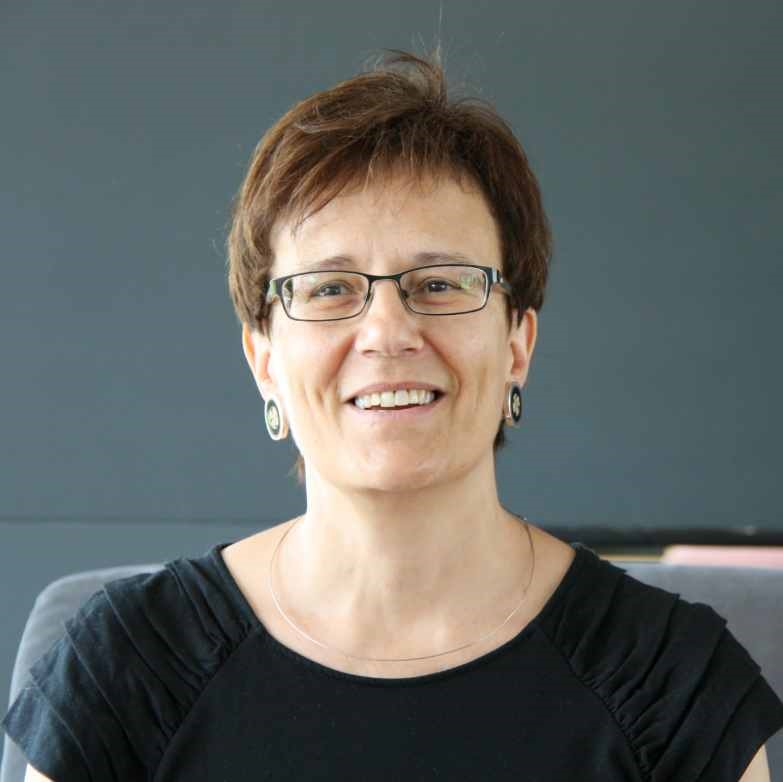 |
Mariona Espinet is an associate professor of Science Education at the Autonomous University of Barcelona, in Catalonia, Spain. She earned a PhD in Science Education at the University of Georgia, Athens, USA thanks to a Fulbright-La Caixa scholarship. At present, she teaches science and environmental education in pre-service and in-service pre-school and primary teacher education programs, as well as research courses offered at the master and doctoral levels. She is the coordinator of the Doctorate in Education in Didactics of Science and Mathematics at UAB, and the coordinator of two research groups Gresc@ (Education for Sustainability, School and Community) and SGR ACELEC (School Science Activity: Languages, Tools and Contexts). She is member of the ESERA Board and co-founder of the ESERA SIG on Languages and Literacies in Science Education. Her research and innovation interests are strongly interdisciplinary and focus on science education for sustainability, classroom discourse and critical literacy in multilingual science learning environments, and community learning in school agroecology. Her most recent international publishing activity related to the theme of this panel is to co-edit the International Journal of Science Education Special Issue on Language issues in Science Education in Multilingual Societies to appear in 2019 |
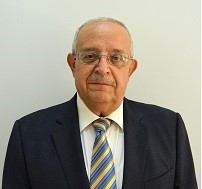 |
Saouma BouJaoude completed a doctorate in curriculum and instruction/science education in 1988 at the University of Cincinnati, USA. He is presently professor of science education and director of the Center for Teaching and Learning at the American University of Beirut. His research interests include evolution education, teaching science in multilingual settings, curriculum and teaching methods, and the nature of science. BouJaoude has published in international journals such as the Journal of Research in Science Teaching, Science Education, International Journal of Science Education, Journal of Science Teacher Education, the Science Teacher, Science & Education, Research in Science Education, and School Science Review, among others. Additionally, he has presented his research at local, regional and international education conferences. BouJaoude is presently an associate editor of the Journal of Research in Science Teaching. |
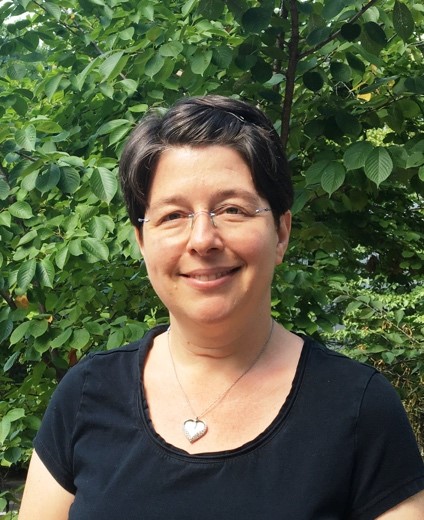 |
Sonya N. Martin is an Associate Professor in science education at Seoul National University in Korea where she also leads the Sociocultural Approaches to Science Education Equity (SASEE) lab. Sonya holds a bachelor’s degree in Biology from Bryn Mawr College and two master’s degrees in Elementary Education and in Chemistry Education from the University of Pennsylvania in the United States. She also holds a doctoral degree in Science Education from Curtin University in Australia. Her research focuses on expanding learning opportunities and improving achievement for culturally and linguistically diverse students and for students with special education needs while also supporting the professionalization of science teachers so they can be positioned to effectively support all students to learn science. She collaborates with colleagues in Korea, Taiwan, Singapore, and Australia to explore how language and culture shape teacher and student interactions in science classrooms and she also conducts research on how English-language hegemony in academic publishing marginalizes non-native English scholars in science education. She is a co-founder and co-editor of the journal Asia-Pacific Science Education (APSE) and serves on the editorial board of several journals including Cultural Studies of Science Education (CSSE) and Research in Science Education (RISE). |
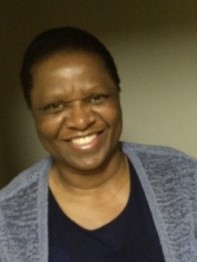 |
Audrey Msimanga is the Academic Head of Postgraduate in the School of Education at the University of the Witwatersrand in Johannesburg, South Africa. Her interest is in understanding the role of teacher education in preparing student teachers to teach science in socio-economically diverse and multilingual contexts. At the micro level Dr Msimanga explores the role and dynamics of classroom interaction in the teaching and learning of science, specifically how science teachers and students talk; how talk helps students make sense of science; what talk reveals about student scientific reasoning; the role of silence and language in science learning |
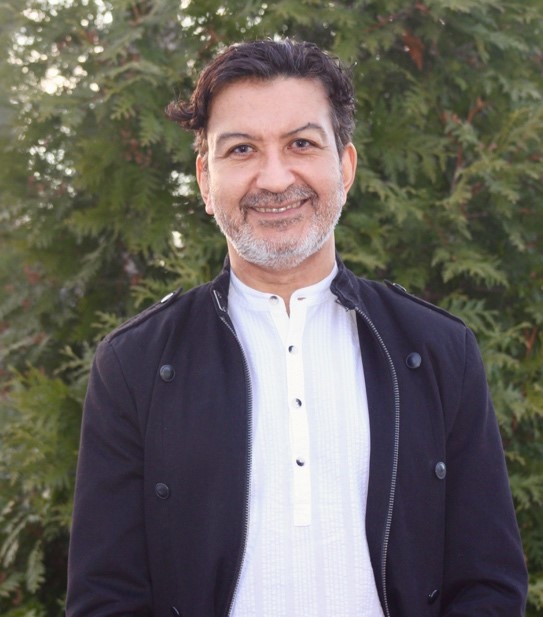 |
Alberto J. Rodriguez is the Mary Endres Chair in Elementary Education and Professor of Cross-Cultural Science Education in the Department of Curriculum and Instruction at Purdue University. His research focuses on the use of sociotransformative constructivism (sTc) as a theoretical framework that merges critical cross-cultural education tenets (as a theory of social justice) with social constructivism (as a theory of learning). |

